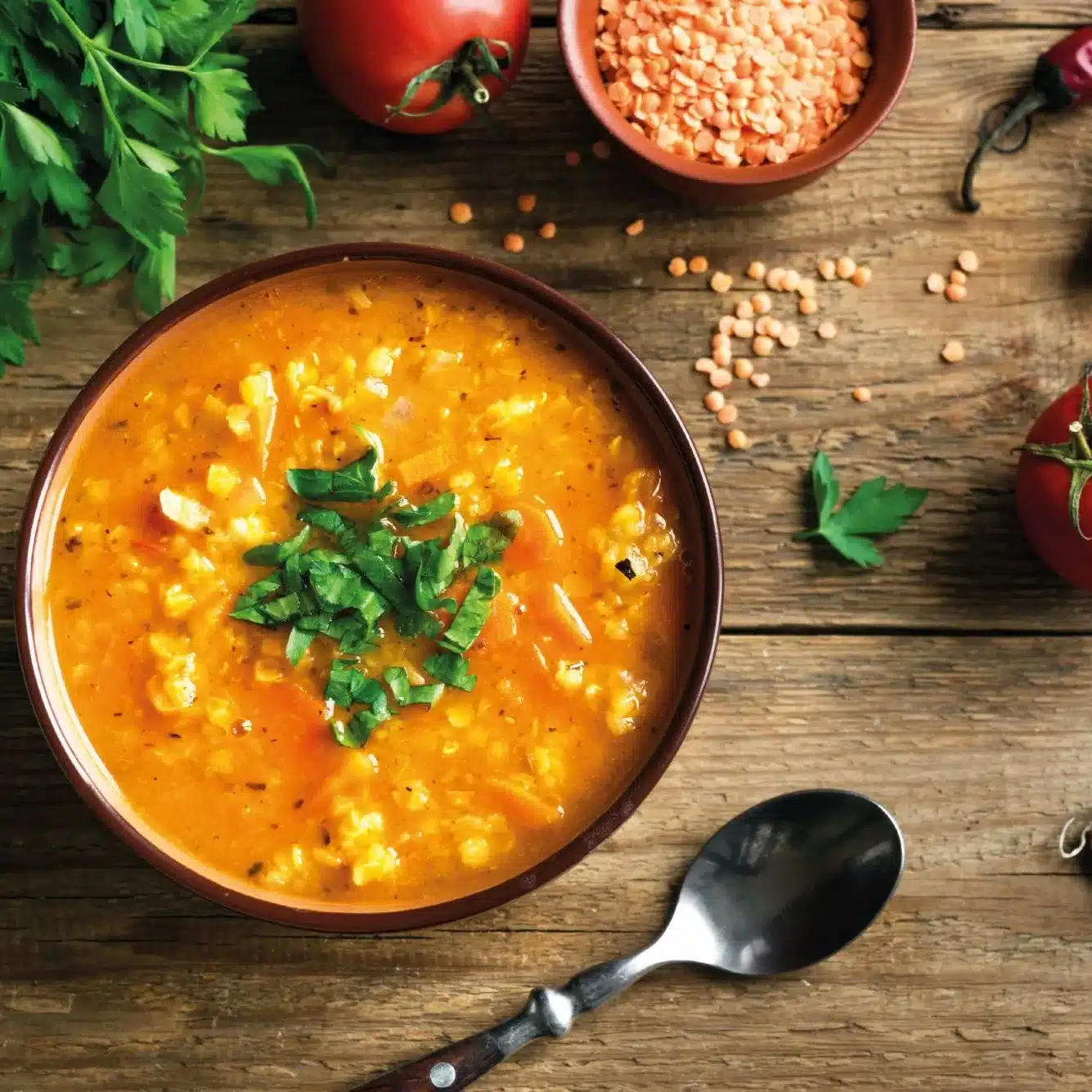Absolutely Hertfordshire’s top tips to enjoy a healthy Veganuary
If you’re thinking of giving Veganuary a go this year, there are some essential ‘need to knows’ to make sure you don’t miss out on vital hidden nutrients in your food. After all, food is the fuel that makes our biology work for us.
Herts based, award-winning nutritionist, gut health specialist and a star of our last issue, Dr Lucy Williamson provides some tips on what to look out for if you are dramatically changing your diet in the short term, or plan to remain vegan for the long haul. “More and more people join the Veganuary movement every year; some people will be converted to veganism by the end of the month, others will revert back to a more flexitarian diet come 1 February,” she says.
“Either way, we all need to make sure that our bodies are fed the necessary nutrients to make them function at their best. There are some nutrients for which the easiest available source is animal-based, but nature is a wonderful thing, and generally a plant-based alternative is available as are natural supplements, which you will need to bridge nutrient gaps.”
Omega 3
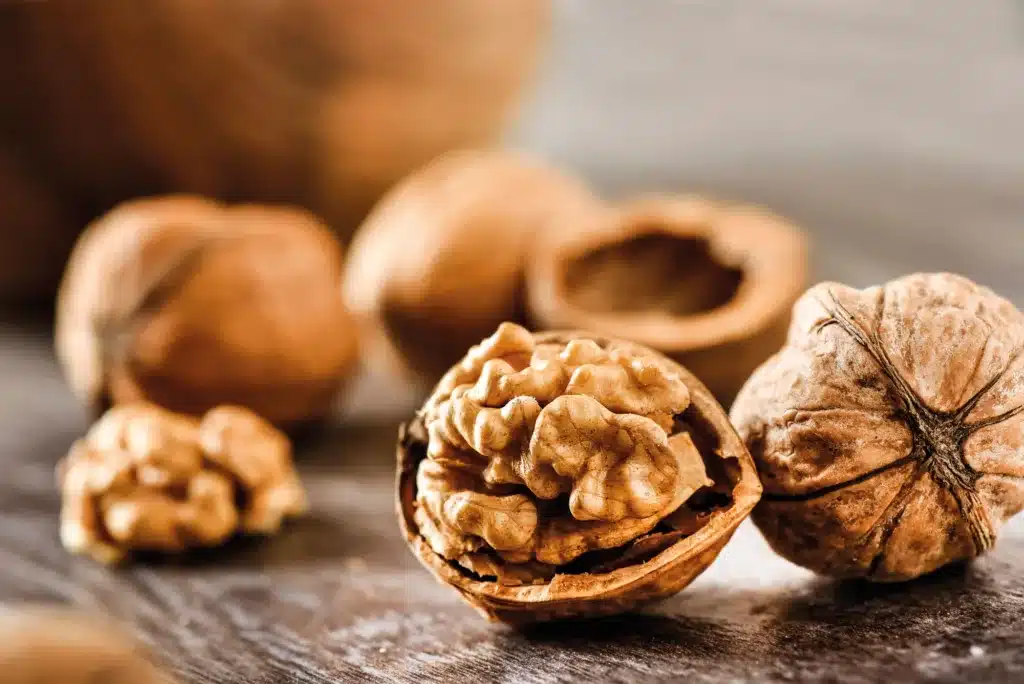
Fish remains by far our best source of this essential heart-healthy oil, which also protects us from inflammation in our body. We can get Omega 3 from plants; flaxseed and walnuts are good sources, but our body is much less efficient at processing Omega 3 from plants, so I would always recommend including a natural supplement like an algal oil in your daily diet.
Hidden iodine in fish and dairy
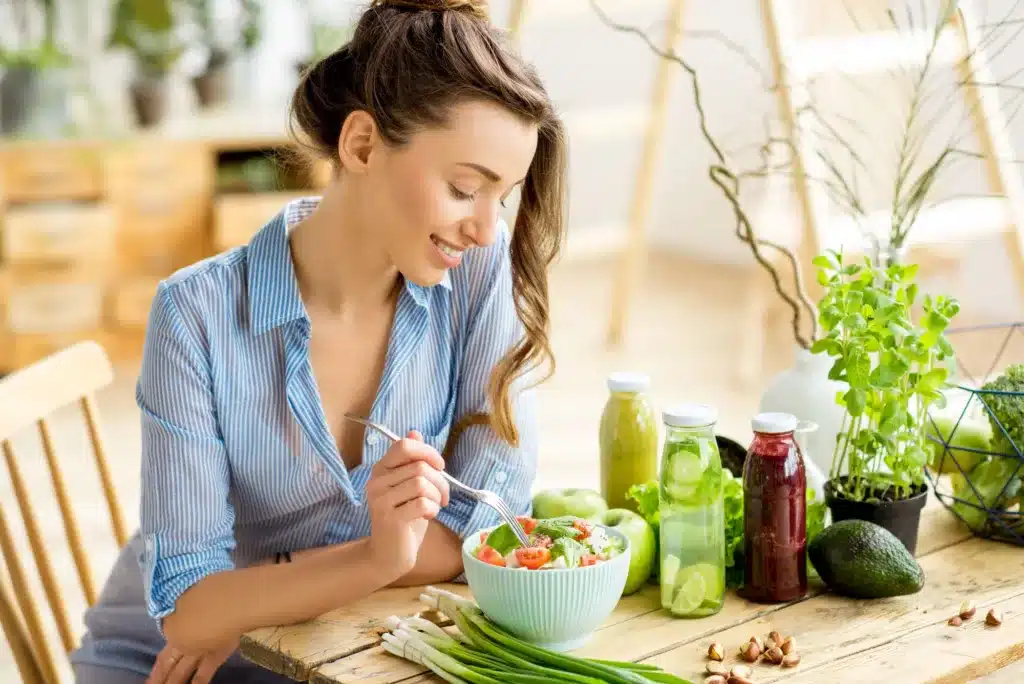
We don’t hear much about iodine, but it’s essential for the unborn baby right through to our senior years. It ensures good brain development during pregnancy, healthy growth in childhood and is needed for our thyroid gland to work well, impacting energy and weight control in adulthood. One glass of cow’s milk gives us half our daily requirement as well as fish being a wonderful source, so when going vegan consider taking a seaweed supplement to boost your levels.
Beware ultra processed foods
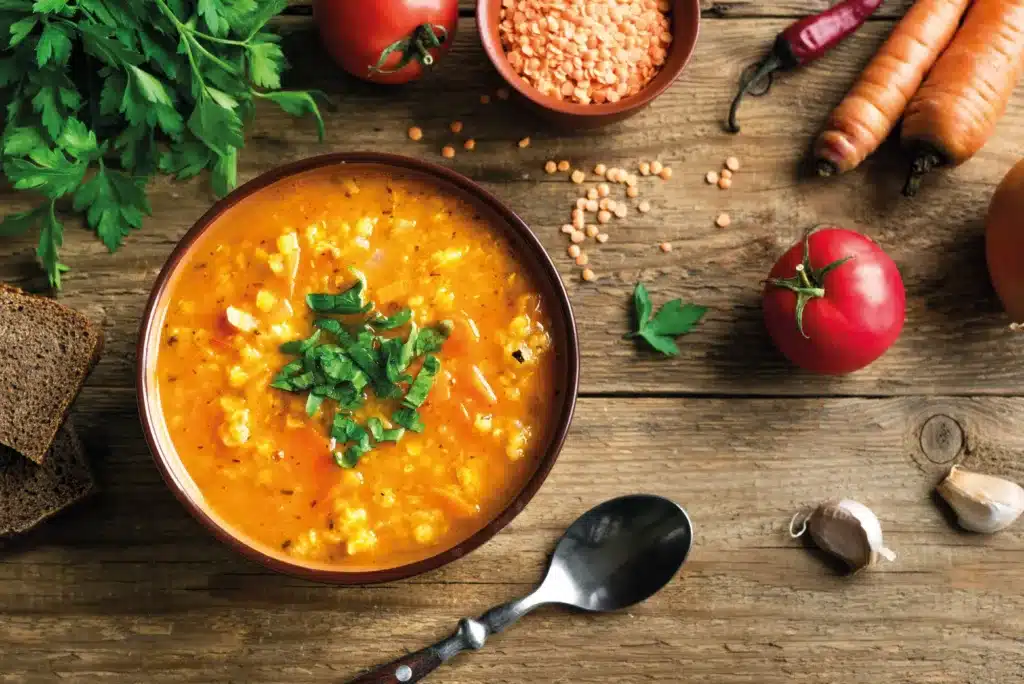
There is now an array of plant-based alternatives to animal foods on our supermarket shelves, but make sure to check the labels as many of these foods are also very processed. It’s easy to think we’re doing the right thing by choosing food from the ‘plant-based’ section, but these foods often contain many additives and lose the benefit of a ‘whole food’ – nutrients in whole foods work together to help us absorb and digest them well. Instead, follow some fabulous vegan recipes at home using lovely whole foods like lentils, beans and seasonal fruit and veg.
Calcium
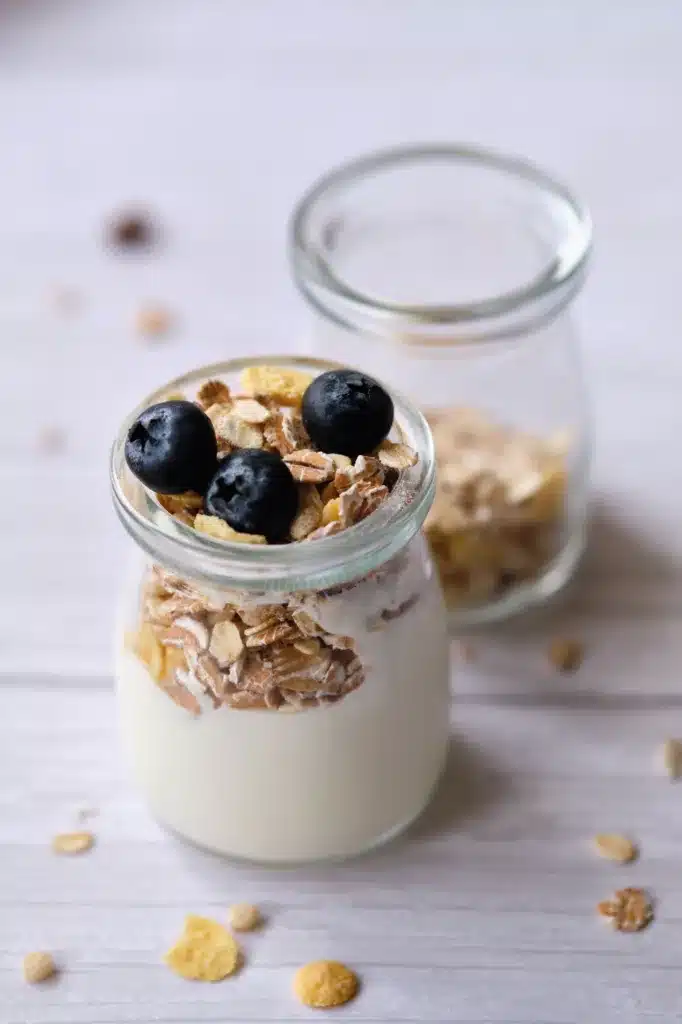
We can absorb calcium from dairy better than any other food so when following a vegan diet, always choose a fortified plant drink or better still, enjoy calcium naturally present in food like a dish of overnight soaked oats for breakfast, or including plenty of pulses and brassicas like watercress. Calcium is of course vital for children during growth and dairy provides them with the protein, iodine and calcium they need for this. Similarly, through the challenges of menopause, low oestrogen leaves us susceptible to poor bone strength, meaning calcium becomes even more important in the diet at this stage in life.
Iron
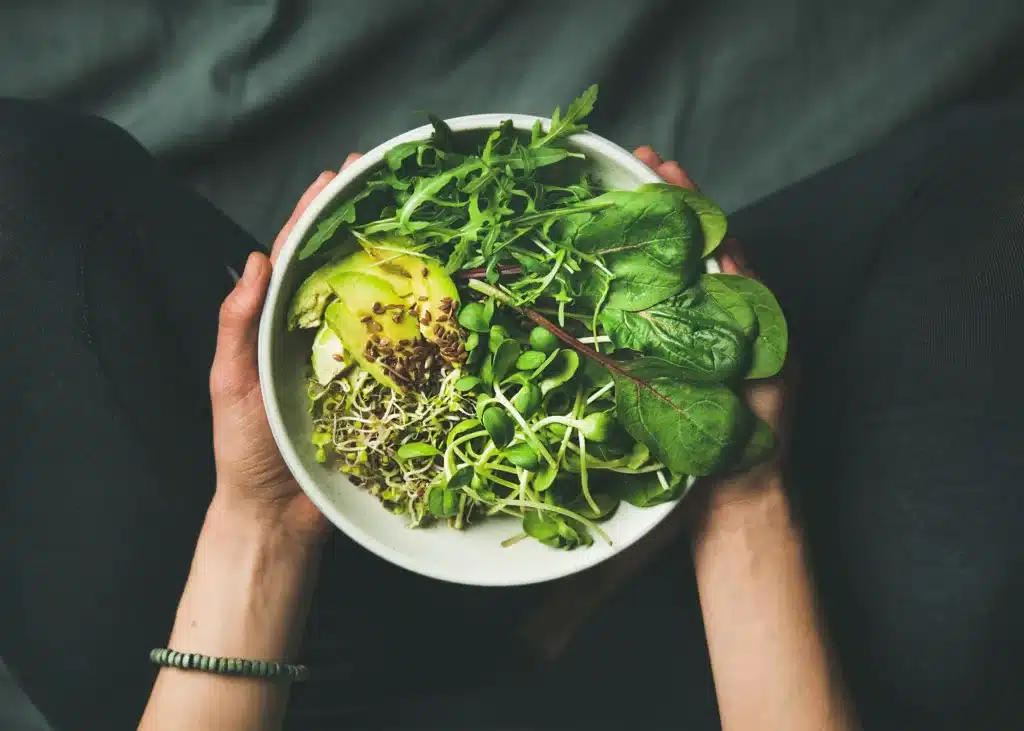
With high requirements during childhood and teenage years (for puberty), pregnancy and senior age (for muscle strength), it’s helpful to know that iron from plants is very hard for our body to absorb. Food combining can be helpful here – tomatoes with spinach or watercress with pulses for example. Kidney beans, cashew nuts, lentils and brassicas are all good sources, but only if eating Vitamin C at the same time. This is because Vitamin C converts the plant iron into a form that is more easily absorbable.
Nurture your gut health
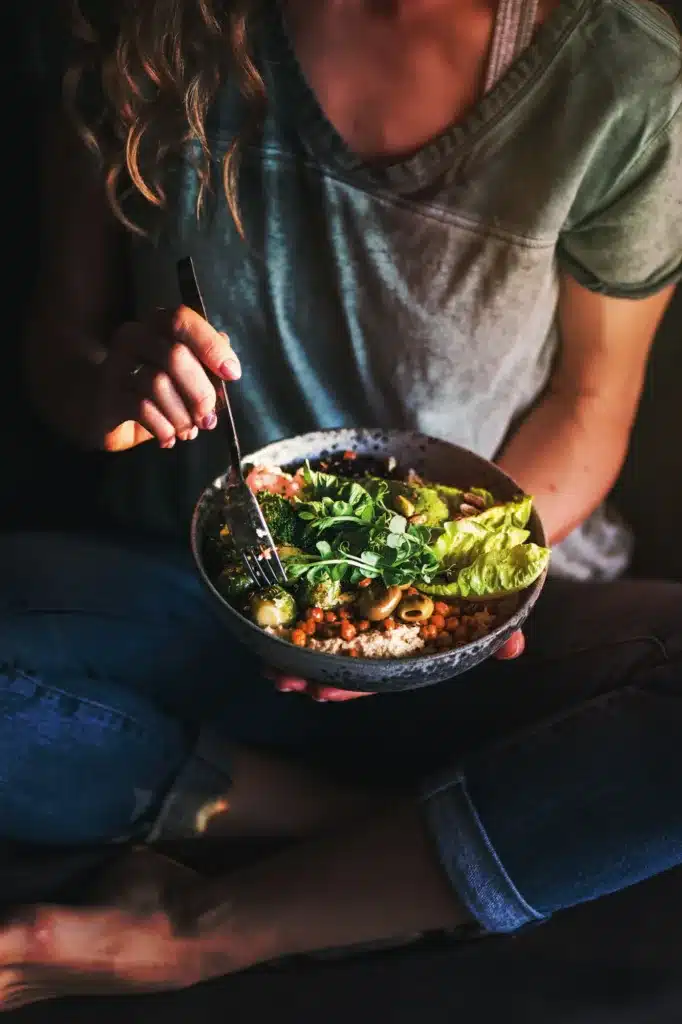
Eating a variety of plants is vital for gut health, but nutrient-rich, minimally processed whole foods, animal or otherwise have an important role too. These ensure we get all the hidden nutrients in our food, high fibre, low sugar and with few artificial additives like emulsifiers which we know from robust research play havoc with our gut health. Our gut microbes make some Vitamin B12 for us but not enough to replace that gained from a flexitarian diet, so for Veganuary, a Vitamin B12 supplement is vital.
So, as we head into Veganuary, follow these steps to make sure your health thrives at the same time as doing some good for the animals and the planet.
For more advice on nutrition and specifically how to optimise gut health, visit lwnutrition.co.uk

